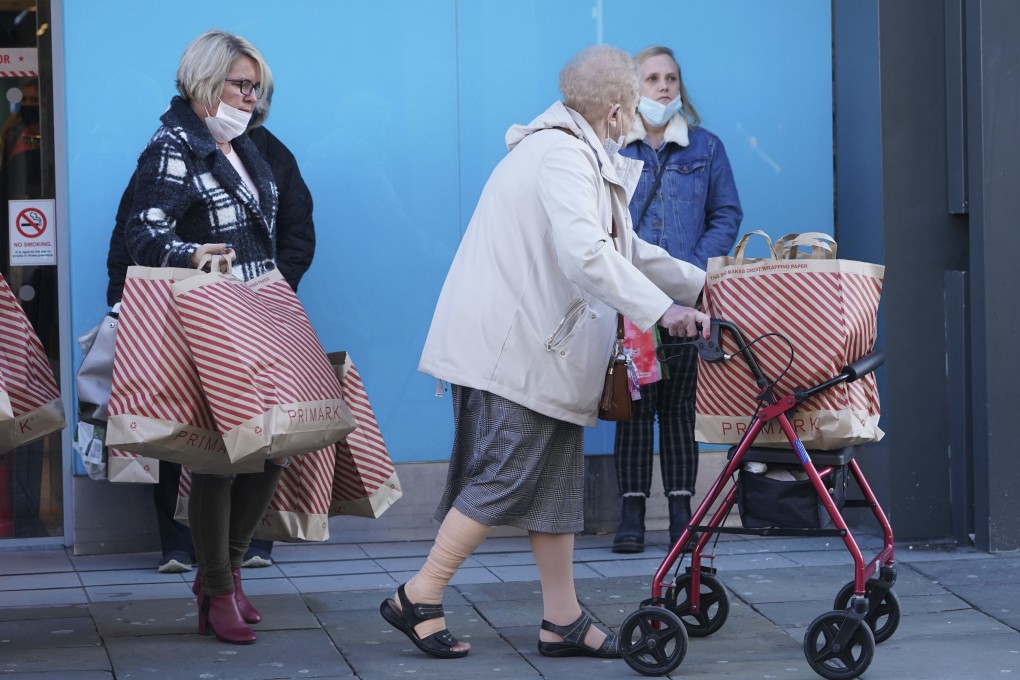Coronavirus: Boris Johnson says England’s second lockdown won’t last beyond December 2
- The measures include a return to working from home where possible, and the closure of non-essential shops, including pubs and bars
- Johnson’s comment came as his colleague Michael Gove indicated the lockdown could last beyond the December 2 cut-off if it failed to bring infection rates down

A second coronavirus lockdown in England will end on December 2, British Prime Minister Boris Johnson said on Wednesday, despite suggestions it could be extended if it fails to cut infections.
Johnson told parliament the restrictions, which come into effect at 0000 GMT Thursday, would “end automatically on December 2”.
“We will then, I hope very much, be able to get this country going again, to get businesses, to get shops open again in the run up to Christmas,” he told lawmakers.
But his senior colleague Michael Gove indicated the lockdown could last beyond the December 2 cut-off if it failed to bring infection rates down.
The leader of the main opposition Labour Party, Keir Starmer, also suggested it would be “madness” not to extend the measures if it had not been successful.
He argued for a shorter, “circuit-breaker” lockdown last month and accused Johnson of ignoring scientific advice to impose the measures sooner.